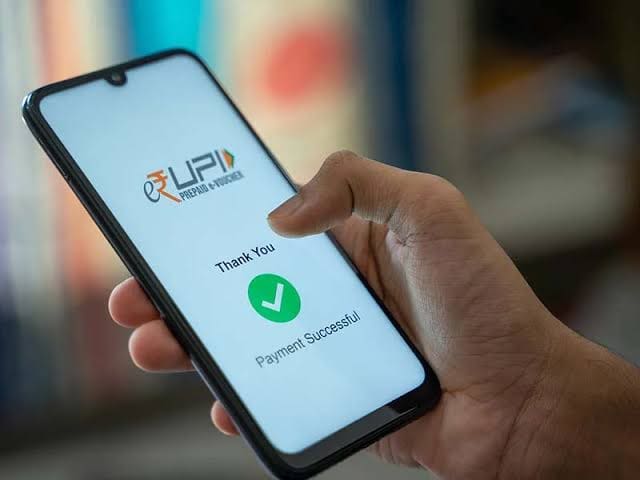
To tackle the surge in online payment frauds, the Union government is considering implementing a minimum time requirement for initial transactions exceeding a specified amount between two individuals, reports Indian Express.
Officials suggest a potential four-hour timeframe for the first transaction over Rs 2,000, encompassing various digital payment methods like Immediate Payment Service (IMPS), Real Time Gross Settlement (RTGS), and Unified Payments Interface (UPI).
“We are looking to add a time limit of four hours for first-time digital transactions over Rs 2,000. The discussion will be taken up during a meeting on Tuesday with government and industry stakeholders including the Reserve Bank of India, various public and private sector banks, and tech companies like Google and Razorpay,” a senior government official said to Indian Express, requesting anonymity.
Despite introducing some friction to digital payments, authorities believe this measure is crucial for addressing cybersecurity concerns.
According to the newspaper, the plan is to regulate every first transaction between two users, irrespective of their independent past transaction history.
As an example, presently, upon establishing a new UPI account, users can send a maximum of Rs 5,000 within the initial 24 hours. Likewise, for National Electronic Funds Transfer (NEFT), following beneficiary activation, Rs 50,000 (in whole or parts) can be transferred within the first 24 hours. However, under the proposed plan, a four-hour time limit would be enforced each time a user initiates the first payment exceeding Rs 2,000 to another user with no prior transaction history.
“Basically, how it will work is that you will have four hours after making a payment to someone for the first time to reverse or modify the payment. It will be along the lines of NEFT (National Electronic Funds Transfer) where the transaction happens within a few hours. Initially, we did not want to have any amount limit thresholds, but through informal discussions with the industry, we realised it could impact small-scale buying like groceries etc. so we are planning to give a leeway to transactions under Rs 2,000,” the official said.
The RBI Annual Report 2022-23 reveals that during the financial year 2022-23, banks experienced the highest incidence of frauds within the digital payment sector. In FY2023, the banking system recorded a total of 13,530 fraud cases, amounting to Rs 30,252 crore. Nearly 49% of these cases, specifically 6,659 instances, fell within the digital payment – card/internet – category.



